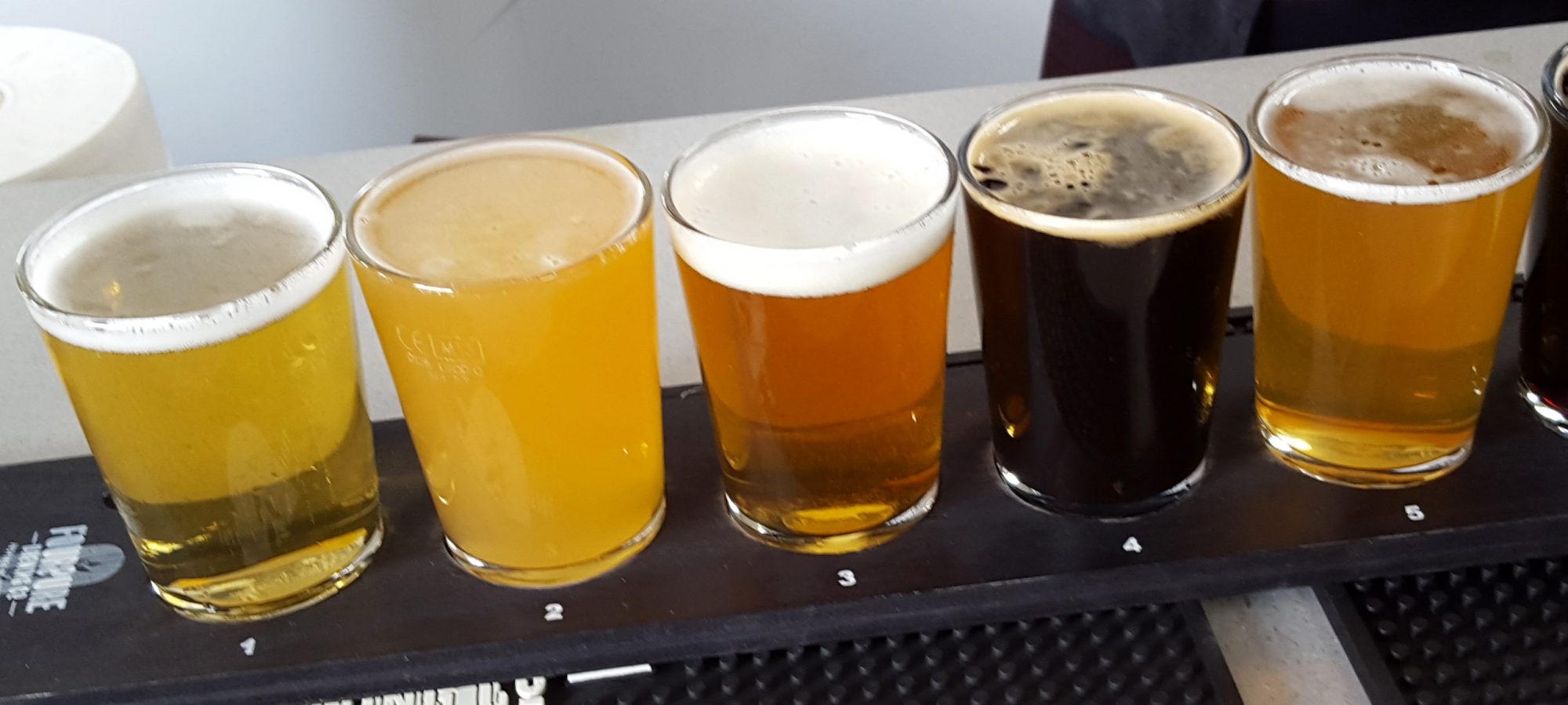Interesting article from Charlie Brooker on his attitude to drugs and their reporting. It’s quite a good example of his style, which I saw critiqued a little unfairly in the Radio Times recently which said he tended to go after obvious targets and then pull his punches but that, sadly, he was about the best around at what he did.
What tends to be disappointing about Brooker is that while he sometimes seems to be on the brink of concluding something very idiosyncratic, his conclusions always seem to return to re-inforce the type of liberal orthodoxy that has atrophied in the values of his audience of Guardian readers for about the last 30 years (the big irony is they still see themselves as daring and progressive when, in fact, they now really represent the forces of inertia and conservatism). Maybe Brooker really shares these views — exemplified, for example, in the flawed logic that sees alcohol equated as an inherently more dangerous drug than many prohibited substances. (Of course it can be but most people don’t misuse it.) Yet even if he has leanings this way then his points would still be better made if he didn’t back so timidly away from questioning so many sacred cows — it’s almost like he has a little Ben Elton of the nauseous 80s sparking suit vintage (not the current sell-out Queen musical writer) barking inside his conscience.
Brooker seems pathologically scared of making general points that might offend these ingrained prejudices even when his real strength — his surreal self-deprecation — demolishes brutally many pompous,New Labour sensibilities. In this article he humorously describes his less-than-satisfactory experiences taking banned drugs and makes some very good points about the questionable motivations of the many people who still glorify a completely irrelevant and anachronistic 60s counter-culture (if it ever existed): ‘I don’t want to get out of my head: that’s where I live’.
All great stuff but then he diverts into safer territory by making an analogy about delusion peddled in newspapers which seems calculated to play to the Guardian reader gallery. Of course then his predictable targets are the tabloids who print pictures of Lady Ga Ga (though plenty supposed quality papers do too). It would be nice for a change if he took on the sort of mood-altering newspapers that print a diet of self-mythologising cant which re-inforces the moral smugness of their readership — fulfilling similar fundamental psychological needs in the same sort of manner as those who are just satisfied by seeing whether Lady Ga Ga’s managed to keep her knockers from falling out of her dress today.

I guess I tend to think most of us return to our orthodoxy but at least it’s your own.
Drawing conclusions that accord with what evidence we have over our guts is not easy. It’s a nicer place to confabulate something our deep seated, unspoken and often unspeakable feelings and yearnings choose to be our truth.
Alcohol is considered more dangerous than most prohibited substances because it is doing more measurable damage despite the massive advantage of legality – it’s not a technical possibility based on toxicity and mind altering degree or the possibility of problem. I don’t see why that’s so hard to face? Illegality of some currently has people taking plant food (Methadrone) till it’s made illegal.
Brooker’s personally adverse to all forms of ritualised drug taking it seems.
Almost all non poisonous substances can be taken and not abused. Alcohol taken by you or I is probably no more dangerous than MDMA [Ecstasy] say. Albeit we know people who threaten violence and are a danger to themselves on occasion on alcohol. I think where it probably scores highly and what elevates it beyond nicotine, Marijuana and E is in terms of 3rd party harm.
I thought Brooker missed the most interesting thing on Newspapers it’s not that they pump bile and hatred at people but that they merely reflect that in their readers – is it a feedback loop? are negative feelings more addictive than positive ones?